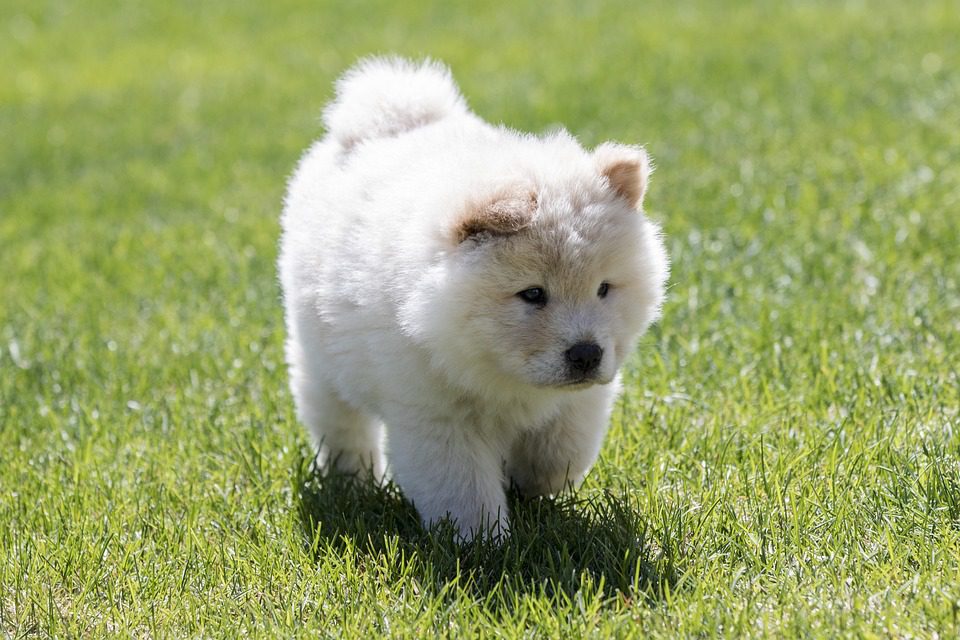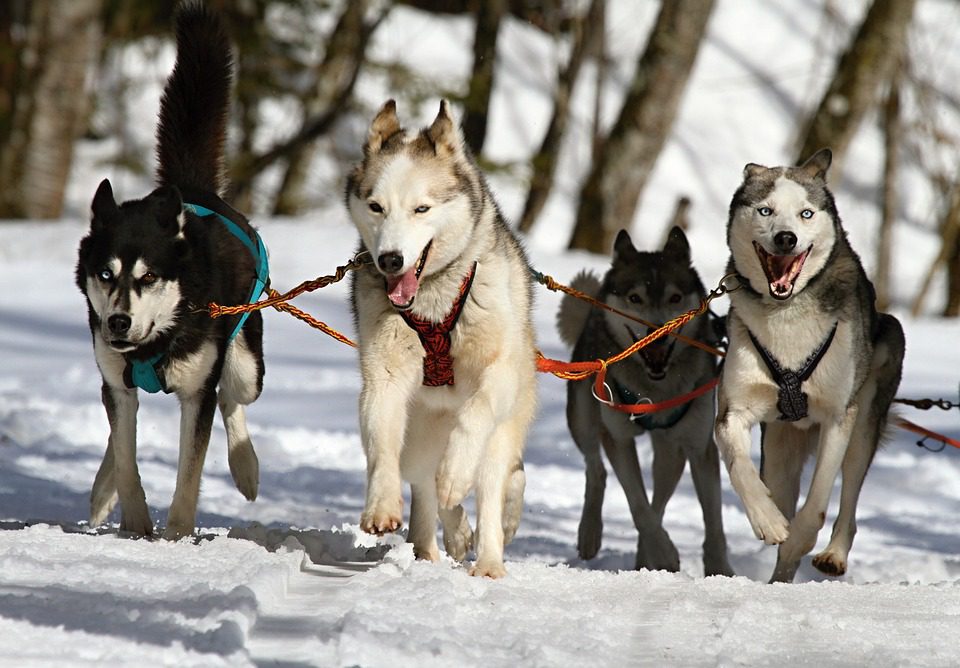When it comes to disciplining our furry friends, it can be difficult to know when and how to do it. One of the most difficult—and potentially dangerous—situations is when your dog tries to bite you. It’s natural to be scared and want to punish them for their behavior, but it’s important to think about the best way to handle the situation. In this article, we will discuss the pros and cons of punishing your dog for trying to bite you and offer some tips for how to handle the situation in the best way possible.
Understanding Why Dogs Bite
Table of Contents
Dogs can bite for a variety of reasons, and it’s important to understand why your dog might be biting before you decide how to respond. In some cases, a dog may bite because they are fearful or anxious. This can happen when a dog is threatened or feels cornered. A dog may also bite if they are experiencing pain or discomfort due to an injury or illness. If a dog has been abused or neglected, they may lash out in a defensive way when they are scared or provoked. In some cases, a dog may bite simply because they are not socialized properly and may not understand how to interact with humans.
Assessing the Situation
When your dog tries to bite you, it’s important to assess the situation to determine the best course of action. Consider the context in which the biting occurred, and think about what might have provoked the behavior. Was your dog feeling threatened or scared? Did they seem to be in pain? Is there anything that you can do to make your dog feel more comfortable and secure?
Choosing a Response
When a dog tries to bite, it’s important to remain calm and avoid responding with aggression. Punishing your dog for biting can make the situation worse, as it may cause them to become more fearful or anxious. Instead, try to redirect your dog’s attention with a toy or treat. If your dog seems to be in pain or is exhibiting signs of fear or aggression, it may be best to consult with a professional trainer or behaviorist to determine the best way to address the issue.
Preventing Future Biting Incidents
Once you’ve assessed the situation and responded appropriately, it’s important to take steps to prevent future biting incidents. Make sure you are providing your dog with plenty of exercise and mental stimulation to help them stay physically and mentally healthy. Ensure that your dog is getting plenty of positive reinforcement and praise for good behavior. If your dog is feeling anxious or scared, it may be helpful to provide them with a safe space where they can retreat when they need to.
When to Seek Professional Help
If your dog continues to exhibit aggressive behavior or if you are concerned that the behavior may be linked to an underlying medical issue, it’s important to seek the advice of a qualified professional. A veterinarian or behaviorist can provide you with information and guidance on how to best address the issue and help your dog feel safe and secure.
Conclusion
When a dog tries to bite, it’s important to assess the situation and choose a response that is appropriate for the context. Punishing your dog for trying to bite can make the situation worse, so it’s important to stay calm and redirect your dog’s attention with a toy or treat. Taking steps to prevent future biting incidents, such as providing plenty of exercise and positive reinforcement, can help ensure that your dog remains happy and healthy. If your dog’s behavior continues to be a problem, it’s important to seek professional help.
# Common Myths About Punishing a Dog For Biting
**Myth:** You should punish your dog for trying to bite you.
**Fact:** Punishment is not an effective way to address biting behavior. Dogs cannot associate punishment with the behavior they have done in the past and therefore cannot understand why they are being punished. Additionally, punishing a dog can lead to more aggressive behavior and make the biting worse. Instead, it is best to address the underlying cause of the biting and use positive reinforcement-based training methods to modify the dog’s behavior.
**Myth:** If my dog bites me, it means he doesn’t love me.
**Fact:** Dogs can bite for a variety of reasons, and it does not necessarily mean that they do not love you. Dogs may bite for fear, frustration, or even out of playfulness. It is important to assess the cause of the biting and address it with a training plan that helps the dog learn appropriate behaviors.
Frequently Asked Questions
Should I punish my dog for trying to bite me?
No. Punishment is not an effective way to address the behavior and could make the situation worse. Instead, focus on positive reinforcement, such as rewarding your dog when they show appropriate behavior. Also, seek the advice of a professional trainer/behaviorist to help you identify the underlying causes of the biting behavior and create an appropriate training plan.
What should I do if my dog bites me?
If your dog bites you, it is important to remain calm. Move away slowly and avoid making eye contact with your dog. Seek medical attention if needed. Once the situation has calmed down, contact a professional trainer/behaviorist to help you identify the underlying cause of the biting behavior and create an appropriate training plan.
Conclusion
.
It is important to understand why your dog may be biting and to choose an appropriate response. Punishing a dog for biting is not recommended, and instead a toy or treat should be used to redirect the dog’s attention. To prevent future biting incidents, it is important to provide exercise, mental stimulation, and positive reinforcement. If the behavior persists, a professional should be consulted.






